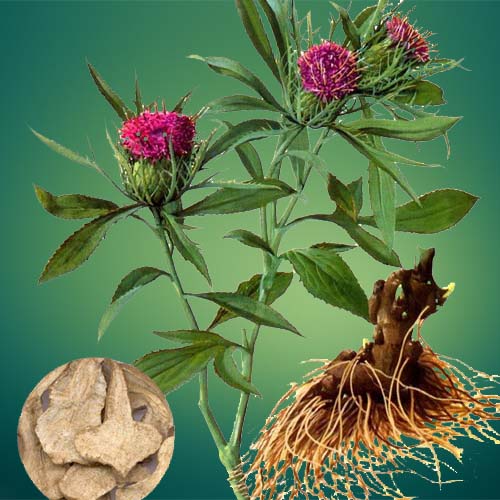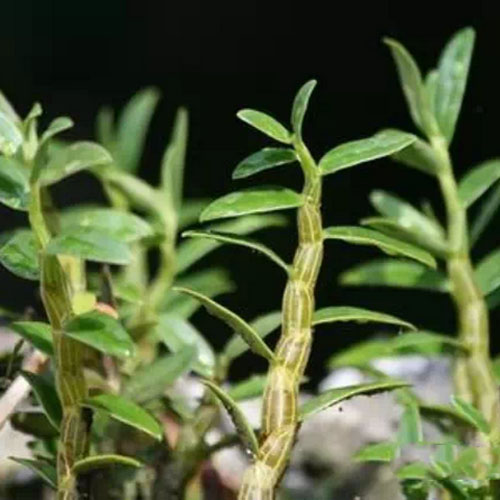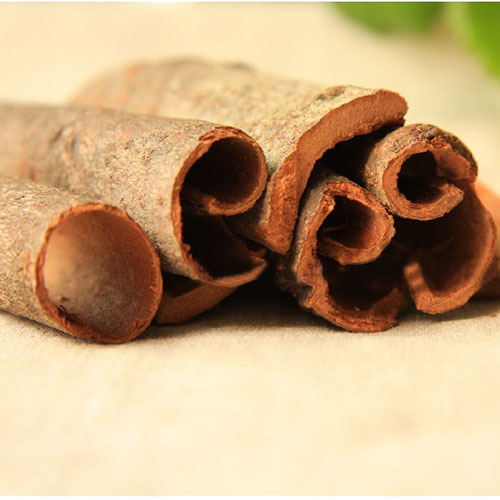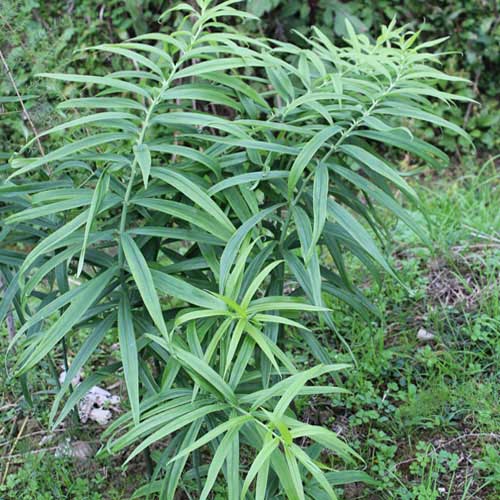- Chinese Name Bai Zhu 白术
- Latin Name Rhizoma Atractylodes Macrocephalae.
- Other Names Ovate Atractylodes, White Atractylodis, Largehead Atractylodis Rhizome
- Used Part Root
- Specification Powdered Extract
White Atractylodes Extract Powder
Description
White atractylodes is one of the most commonly used herbs in traditional Chinese medicine, which awarded the title as The First Herb of Invigorating Qi and Strengthening Spleen.
Given its special effect in Traditional Chinese Medicine (TCM), it is treated as an equal to Ren Shen (Ginseng). Thus an old saying goes: “Ren Shen in the north and Bai Zhu in the south.” Through the famous classic formula of Si Jun Zi Tang, Four Gentleman Decoction, a quick glance will be given to their significance. Just a quick footnote here, it is the fundamental formula for deficiency of spleen and stomach Qi, which is the inspiration source of numerous subsequent formulas aiming to tonify spleen and benefit vital energy.
Modern researches show that it can adjust gastrointestinal motility, fight ulcer, protect liver, improve immune system, relieve stress, enhance hematopoietic function, induce diuresis, fight oxidation, slow down aging, regulate blood sugar level, and fight cancer. Compared with the traditional applications, above-mentioned findings is perfectly in line with them, which to some extent gives more scientific proof to this amazing herb.
Chemical Constituents
White Atractylodes contains volatile oils, such as α-humulene, β-humulene, α-curcumene, β-elemol, atractlone, 3β-acetoxyatractylone, selina-4(14),7(11)-dien-8-one, hinesol, and atractylodin. It also contains lactone compounds such as atractylenolides I-IV, atractylenolactam, beishulenolide A, peroxiatractylenolide III, and biepiasterolide. Others are immune active polysaccharides, essential amino acids and vitamins.
TCM Tradition
Taste & Property Bitter, Sweet, Warm
Organ Meridians Spleen, Stomach
TCM Functions
• Tonifies the Spleen and augments Qi
– Spleen and Stomach Deficiency with diarrhea, fatigue, a sallow complexion and lack of appetite
– Spleen Yang failure to rise
• Dries Dampness and promotes water metabolism
– Spleen Damp or accumulation of fluids affecting the digestion
– Edema and reduced urination due to Spleen Deficiency (failure to transform and transport)
– Tan Yin, masses, swelling
– Auxiliary for Damp painful obstruction
• Stabilizes the Exterior and stops sweating
– Qi Deficiency with spontaneous sweating (Wei Qi Deficiency)
– With appropriate herbs, other types of sweating
• Calms the fetus
– Restless fetus disorder due to Spleen Qi Deficiency
– With appropriate herbs, other types of Restless Fetus Disorder


.jpg)


